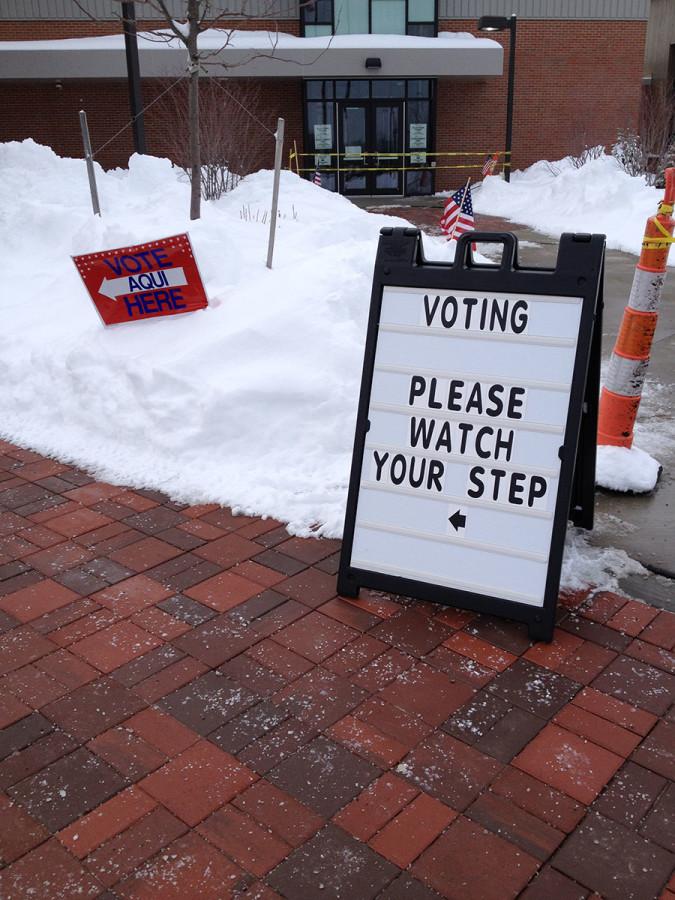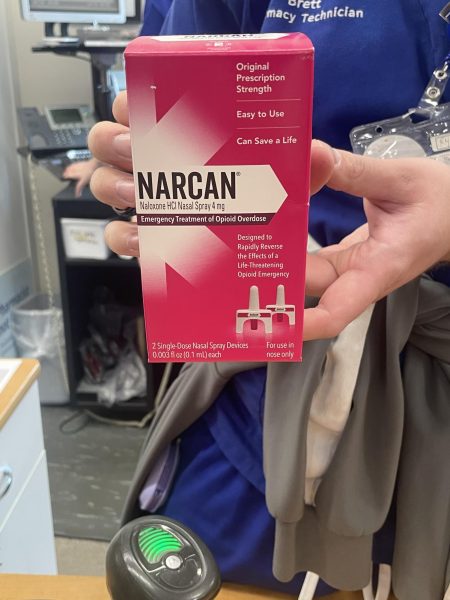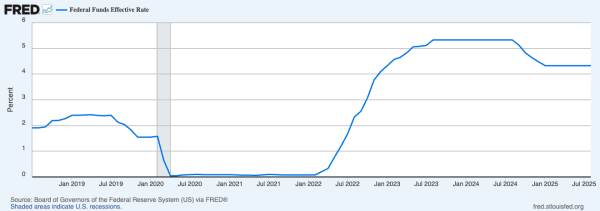City Needs Change, But Term Limits Are Not the Answer
On Feb. 3, the proposed amendment for term limits in Beachwood was defeated. The narrow margin — 48.1% in favor to 51.9% against — was somewhat surprising.
Given the fact that the election was in February on an unpleasantly frigid day, voter turnout was inevitably low; only 1,417 of Beachwood’s nearly 9,000 registered voters made it to the polls. With this low turnout, one might expect one side to outnumber the other in droves and skew election results.
Yet, there seems to be a legitimate divide among Beachwood voters as to whether they want to limit the amount of time their city officials serve. The closeness of the election indicates a confusion of the collective city consciousness. Upon reflection, these misgivings are natural: term limits are the wrong remedy to the real issues that our city faces.
The petitioners came together because they felt council was not “remotely addressing…[their] needs,” as petitioner Bryan Byrne told The Beachcomber. They felt that long-serving city leaders were out of touch with voters and hesitant to change.
After all, four of the seven members of Beachwood City Council have been serving for over 15 years. Council President Fred Goodman has been serving the longest, a member of Council since 1992. Mayor Merle Gorden has held the city’s chief executive role since 1995.
Meanwhile, Council has been accused by Plain Dealer columnist Mark Naymik and city residents for allowing what some see as inappropriate spending on Gorden’s part.
According to Byrne, many of those behind term limits were also upset with the expansion of Beachwood Place. These citizens felt that the Council was putting the interests of commerce ahead of those of residents with nearby properties.
Of course, these criticisms are not necessarily held by the majority of Beachwood residents. The fact that the term limits amendment was defeated and that Gorden beat a challenger in the 2013 election are indications that those dissatisfied with Council may be a minority. Yet, the concerns they raised are not illegitimate, and the Feb. 3 election was close; slightly less than half of the voters seemed ready for change.
Whether or not the dissatisfaction with city government was appropriate, it is clear that the remedy against it was not. Term limits would not stop business-as-usual politics and cronyism; rather, they would exacerbate the problem.
First, elected officials subjected to term limits are beholden to no one during their last term. Without the worry of reelection, they may be more likely to engage in corruption and not listen to the will of the populace.
Moreover, new blood doesn’t necessarily mean progress. Inexperienced politicians may not have the wherewithal to push policy through the political machinery. Unable to get anything done, they may fall into the old patterns they were elected to eschew.
Ultimately, voters made the right decision earlier this month when they rejected a term limit amendment. Whatever problems exist with Beachwood government, term limits would have only made them worse.
However, the close election cannot be necessarily interpreted as a disavowal of the petitioners’ dissatisfaction. The petitioners should be commended for attempting to bring change they felt was necessary, even if their approach was misguided. Those dissatisfied should channel their energies into running for office. According to Goodman, he and three other council members plan to step down after completing their term, providing a window for new candidates to run.
The true test of voters’ readiness for change will occur when challengers present themselves and offer a true alternative to the status quo.
From this election, the only conclusion we can draw is that Beachwood residents were smart enough to spot out a “solution” that would cause more problems than it would solve.









![“My parents have always said that education is important. My parents are Chinese immigrants, I'm Chinese American, [and that's a] value that has always been ingrained in our community,” said Senior Lyndia Zheng, pictured with Tony Zheng](https://bcomber.org/wp-content/uploads/2025/10/DSC_4244-600x400.jpg)


